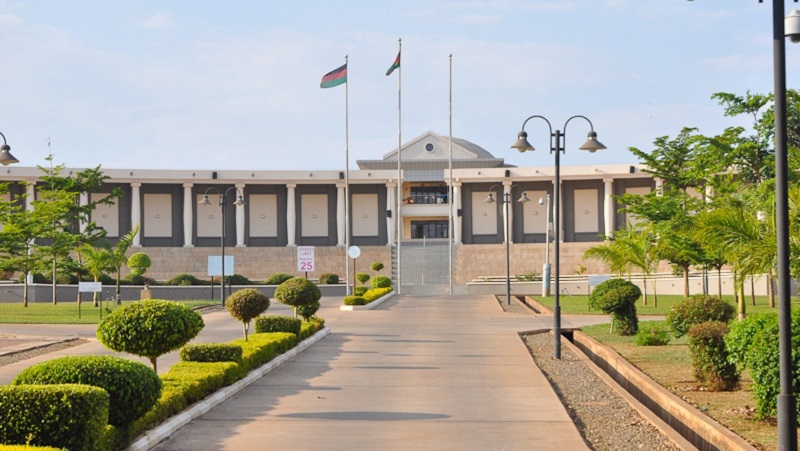The Legal Affairs Committee of Parliament has issued a three-month ultimatum to Ministry of Homeland Security to comply with the Anti-Corruption Strategy II (NACS II).
The ultimatum follows a decision by the Committee which sent back officials from the Ministry yesterday at Parliament Building accusing them of doing little on taming corruption.
According to the Committee’s Chairperson Peter Dimba, the Ministry has Departments which are perceived to be most corrupt like the Malawi Police Service (MPS), Malawi Immigration and Citizenship Services, National Registration Bureau (NRB) and Malawi Prisons Service (MPS).
He said: “The response from the performance of the Homeland Ministry is quite underwhelming in the sense that since the Integrity Committee was established in 2017 and properly trained by the Anti-Corruption Bureau (ACB), they really haven’t done anything.
“They haven’t complied with the requirements by the Strategy that’s why the Committee was very dissatisfied and angry with because it looks like the Ministry is not serious because it is quite deep has agencies which are perceived more corrupt.”
Dimba said the Ministry needs to fast-track processes of establishing the much-awaited Institutional Integrity Committees at all levels.
“These Committees are very important because in the strategy it states that every Ministries, Departments and Agencies (MDA) is supposed to have these Committees, the idea is to mainstream the fight against corruption.
“And the fight against the vice requires concerted efforts, we can’t leave this fight to the ACB, everyone has to come in, we need all hands on the deck because the fight against corruption is really big, so we need to come together,” Dimba said.
The National NACS II is a blueprint for Malawi’s aspirations for a corruption-free society.
NACS II allows all sectors to participate in the fight against corruption. It is a continuation of the anti-corruption drive that commenced with the NACS of 2008. NACS II builds upon the successes of the 2008 NACS.
The development of NACS II is based on evidence from a consultative process, desk research and experiences from other countries.





